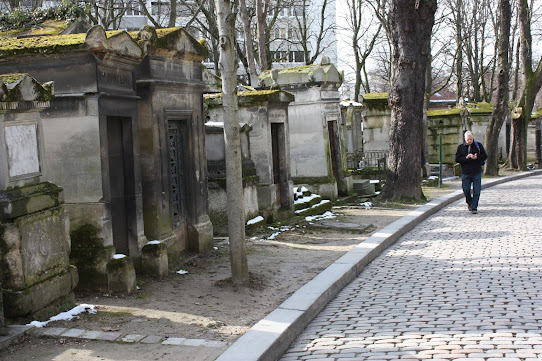And
his gasht stabs lookt like a breach in nature
For
ruin’s wasteful entrance: there, the murderers,
Steept
in the colours of their trade, their daggers
Unmannerly
breecht with gore:
-Macbeth
Macbeth Act
II, Scene iii, Line 116
This is a portion of what Macbeth is saying when asked why he
was so quick in killing the murderers of Duncan. Of course, the real answer is
that Macbeth is the murderer of Duncan and he wanted to make sure that these
alleged murderers had no way of telling anyone anything. But he’s certainly not
going to tell everyone that. Here’s the entirety of his answer when Mcduff
asked why did he kill Duncan’s murderers.
Who
can be wise, amazed, temperate and furious,
Loyal
and neutral, in a moment? No man:
The
expedition of my violent love
Outrun
the pauser, reason. Here lay Duncan,
His
silver skin laced with his golden blood;
And
his gasht stabs lookt like a breach in nature
For
ruin’s wasteful entrance: there, the murderers,
Steept
in the colours of their trade, their daggers
Unmannerly
breecht with gore: who could refrain,
That
had a heart to love, and in that heart
Courage
to make’s love known?
I find the imagery of Duncan beyond interesting. His silver skin laced with his golden
blood;/And his gasht stabs lookt like a breach in nature/For ruin’s wasteful
entrance: Wow. What do you make of that? Read those three lines again. That’s
um, that’s pure Will. I love that use of language. I guess some might say it’s
over the top, but I don’t think so. I think it’s absolutely extraordinary.
Mr. Strongbow here is, I believe, a dead king. I found him in Christ Church Cathedral in Dublin. So he's not a Scottish king like Duncan, he's an Irish king. That's the best I could do.









